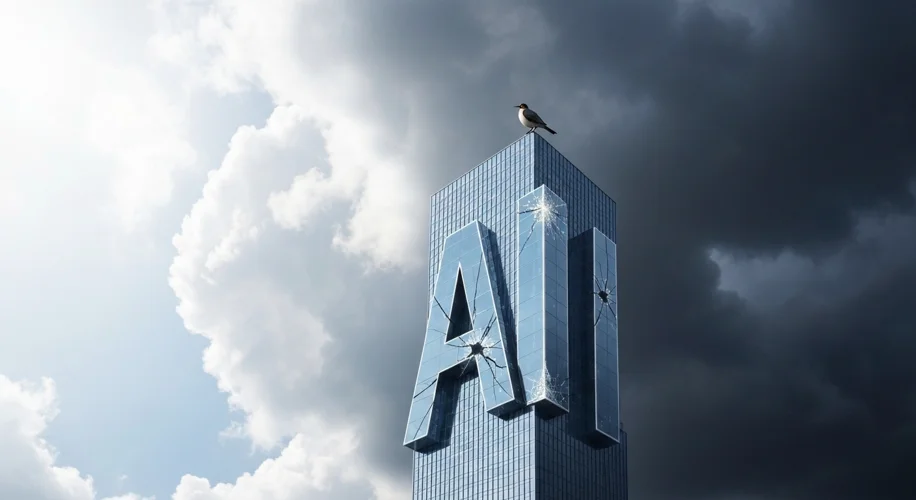It feels like everywhere you turn, AI is the hot topic. From the latest breakthroughs in generative models to the massive investments pouring into AI startups, the energy is undeniable. As someone who’s seen a few tech cycles come and go here in Silicon Valley, I can’t help but wonder: are we approaching an AI bubble, and what might happen if it bursts?
Right now, the AI market is characterized by rapid innovation and significant capital inflow. Companies are announcing new AI models and applications with astonishing regularity. We’re seeing AI integrated into everything from search engines and creative tools to scientific research and everyday business operations. This widespread adoption and the promise of future advancements have driven valuations for many AI-focused companies to dizzying heights.
Several indicators suggest that the market might be getting a bit overheated. One key sign is the sheer speed at which new companies are emerging and raising substantial funds, often with unproven business models or revenue streams. The rush to “get into AI” means that capital is flowing, sometimes without the rigorous due diligence we might expect in a more mature market. We’re also seeing a frenzy of acquisitions, where larger tech companies are snapping up smaller AI startups, often at premium prices, to secure talent and technology.
Another point to consider is the intense competition. While competition drives innovation, it can also lead to a crowded market where many players are vying for a slice of a pie that may not yet exist at the scale anticipated. When customer adoption or profitability doesn’t match the sky-high expectations, a correction can occur. We’ve witnessed this in past tech booms, where initial euphoria gives way to a more sober assessment of real-world value.
The implications of a potential market shift or crash are significant. For investors, it could mean substantial losses on portfolios heavily weighted towards AI stocks or startups that fail to deliver on their promises. Many venture capital firms have made significant bets on AI, and a downturn could impact their ability to fund future ventures. For the broader tech industry, it could lead to a period of consolidation, where stronger, more sustainable companies emerge, while others falter. Talent might shift, and research priorities could realign.
However, it’s important to distinguish between a market correction and the end of AI’s transformative potential. Even if some companies don’t survive the current hype cycle, the underlying technology continues to advance and find practical applications. The foundational work being done now in areas like machine learning, natural language processing, and computer vision is likely to continue shaping our future, regardless of short-term market fluctuations. The key question isn’t whether AI will be important, but rather which companies and applications will prove to have lasting value.
From my perspective, the current AI boom, while exciting, serves as a reminder that technological progress needs to be balanced with realistic market assessment and sustainable business practices. It’s crucial for both innovators and investors to focus on creating genuine value and solving real-world problems, rather than getting swept up solely in the momentum. The future of AI is bright, but navigating the path there requires a clear-eyed view of both its immense potential and its inherent risks.

